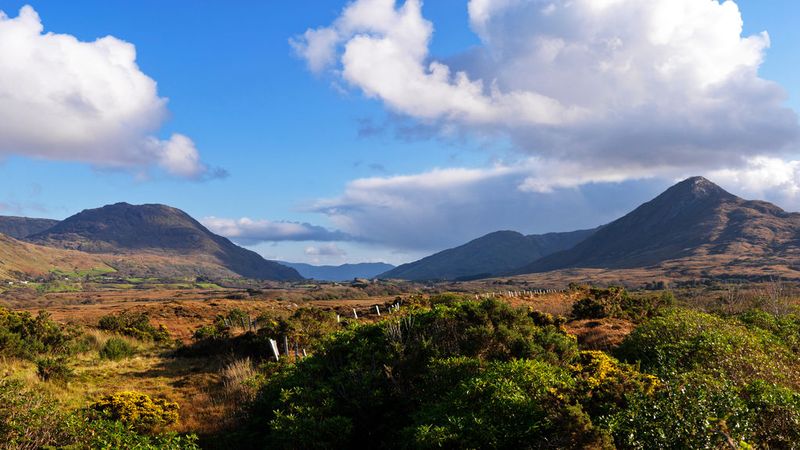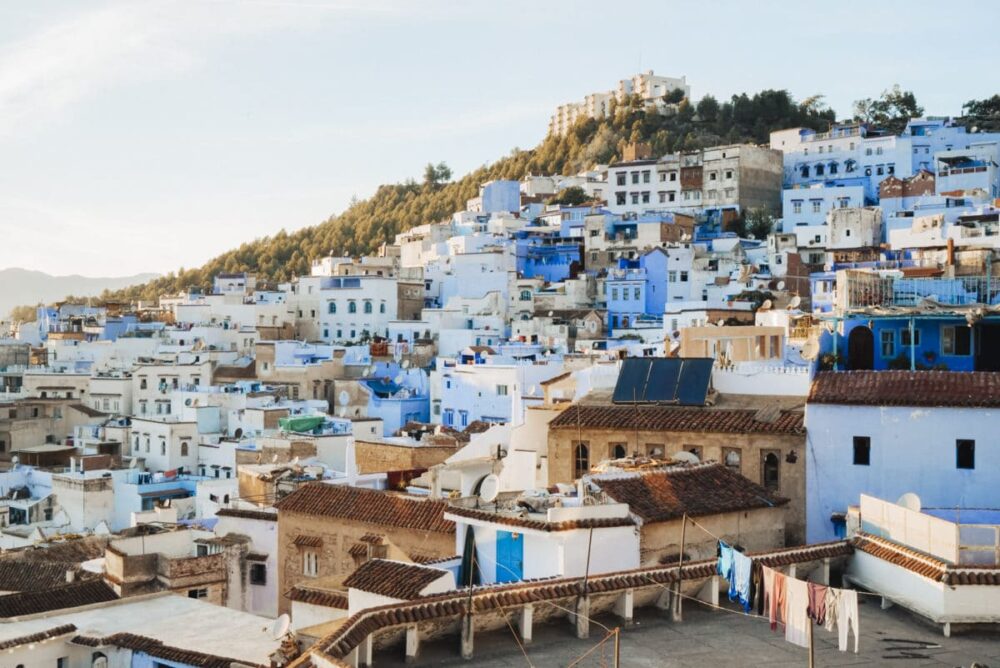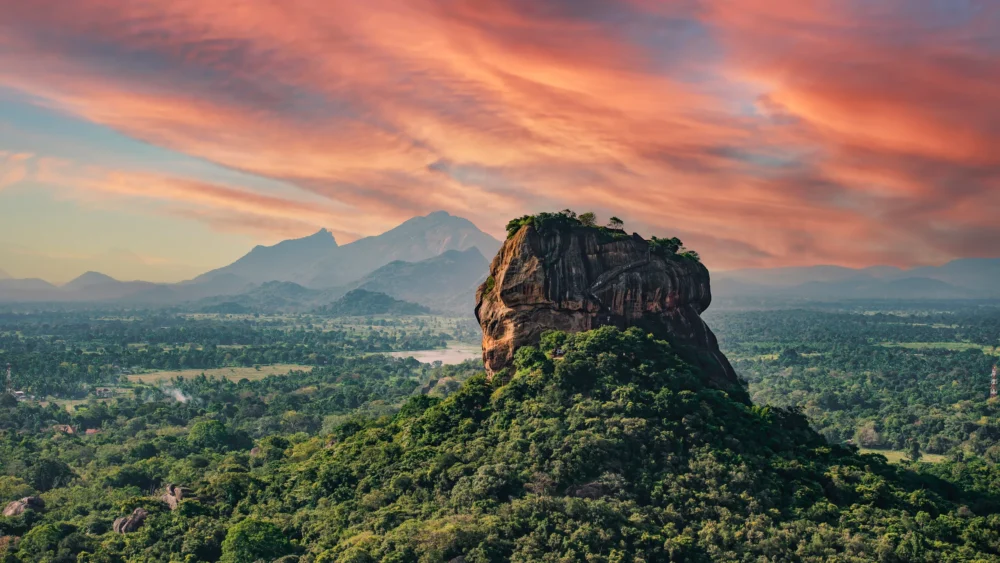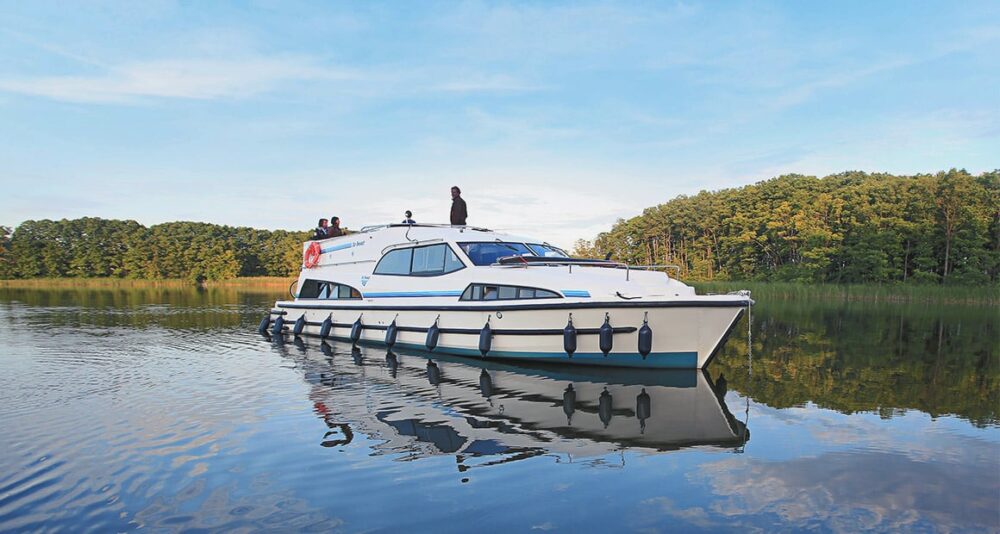The Gap Year may seem a thing of the past, but there are signs that this special time in a young person’s life will be returning. In a survey by Bounce, the international source for finding Left Luggage offices, the leading countries for a Gap Year may surprise people
Top Countries for Gap Year Travel Include Netherlands, Ireland, Switzerland, Greece and Japan
In the number one spot is the Netherlands and in number two is Ireland, followed by Switzerland, Greece and Japan taking the top five countries. Many people will have images of tropical Asian beaches and full moon parties in their Gap Year dreams.
However, only South Korea and Japan in Asia make the top ten. Eight of the top ten countries are in Europe. They are Netherlands, Ireland, Switzerland, Greece, Czech Republic, UK, Austria, and Denmark.
Countries that would have been popular in previous years are further down the list of 53 countries surveyed. They include the United States at 37, Australia at 38 and Vietnam at 35. The home of the full moon party, Thailand is at 26, below India at 23.
Recent world events surrounding the pandemic would have affected this list and formerly popular counties are seeing the result of public perception on travelling there.

The survey used a number of categories to identify the best of the best and rate them.
Safety – Switzerland
Hostels – Maldives
Quality of Hostels – Netherlands
Bars/Clubs – UK
Attractions – Ireland
Beer Prices – Germany
Volunteering – South Africa
You can see the full list of the Gap Year Index here
The survey used the following methods of gathering the information to collate the top countries.
Methodology used by Bounce
The safety rating and price of a beer were sourced from Numbeo.
Number of volunteering projects was sourced from Volunteer World and Go Overseas.
Number of clubs and bars and number of attractions were sourced from Tripadvisor.
Number of hostels and their average rating was sourced from Hostelworld.
Bounce then divided the country’s area in square miles by these figures to discover the number of hostels, clubs/bars, and attractions per square mile.
Finally, they gave each country a normalized score out of ten for each of these factors, before taking an average of these for the overall score.







